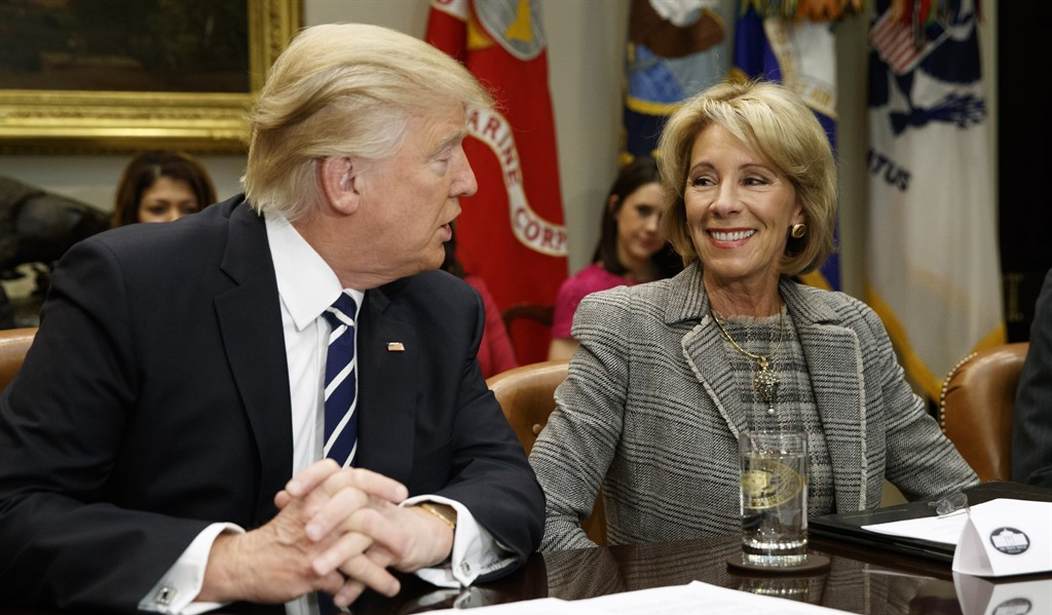This Presidents' Day, instead of buying a new appliance, read George Washington's Farewell Address and Abraham Lincoln's Second Inaugural Address.
The two speeches provide insight into my two favorite presidents. Both presided over our country during times of vast change and both put their country before themselves. It would be hard to imagine our country being formed without George Washington's presence, or being saved without Abraham Lincoln.
Both presidents referenced "providence" and "God" extensively. They understood that they were part of a bigger plan and worked to do their part. Lincoln wrote about being an instrument in the hand of God.
Washington was our first "commander in chief," given the title in 1775 by the Second Continental Congress. He was commander before we had troops. At 6 feet, 2 inches, Washington was tall for his time, when the average man was 5 feet 7 inches.
Washington served as commander for all eight years of the American Revolutionary War. He stayed with the troops throughout, leading them across the Delaware River on December 25, 1776, to surprise the British. He returned to our country's service in 1787, presiding over the Philadelphia Convention.
In 1789, 14 years after agreeing to serve as commander in chief, Washington was voted unanimously by the Electoral College to become our first president. Throughout his service to our country, Washington recognized that it was not about him, but about our country. Having survived the French and Indian War as a young man, while having two horses shot out from under him and four bullets piercing his clothes, Washington might have recognized that providence saved him and that he had a specific purpose to accomplish.
As he was leaving the presidency in 1797, he published a "Farewell Address" designed to provide guidance. The "disinterested warnings of a parting friend" began by focusing on "the continuance of the union as a primary object of patriotic desire." Washington wrote, "the Constitution which at any time exists, till changed by an explicit and authentic act of the whole people, is sacredly obligatory upon all."
Recommended
He was concerned that a person's passion for party might take precedence over his or her passion for country, noting that, "sooner or later the chief of some prevailing faction, more able or more fortunate than his competitors, turns this disposition to the purposes of his own elevation, on the ruins of public liberty."
Washington noted, "of all the dispositions and habits, which lead to political prosperity, religion and morality are indispensable supports." He also warned of "the accumulation of debt, not only by shunning occasions of expense, but by vigorous exertions in time of peace to discharge the debts" and "against the mischiefs of foreign intrigue."
Washington's words are worthy of consideration in a time of great partisanship and much debt.
Lincoln, who held the country together during the Civil War, wrote in a private note in September 1862, "The will of God prevails. In great contests each party claims to act in accordance with the will of God. Both may be, and one must be wrong. God cannot be for and against the same thing at the same time. In the present civil war it is quite possible that God's purpose is something different from the purpose of either party -- and yet the human instrumentalities, working just as they do, are for the best adaptation to effect his purpose."
The understanding that Lincoln was an instrument in the hand of God was echoed throughout his second inaugural address, and reminds me that we should be aware that we are all instruments in the hand of God, and best serve our country when we best serve God.
Lincoln closed his address by reaching out to the Confederacy and reminding the Union that victory should be accompanied by grace. "With malice toward none, with charity for all, with firmness in the right as God gives us to see the right, let us strive on to finish the work we are in."
Will we hold up our Constitution and take warning from Washington of partisanship, debt and foreign intrigue? We will remember Lincoln's words that "human instrumentalities, working just as they do, are for the best adaptation to effect his purpose?" Will we strive to finish our work while remembering we are but an instrument in the hand of God?
As the new Trump administration moves forward, they may want to take pause, pray, and reflect on how their actions and reactions will shape our future as a country.























Join the conversation as a VIP Member